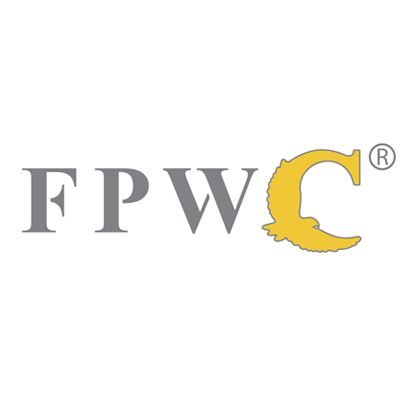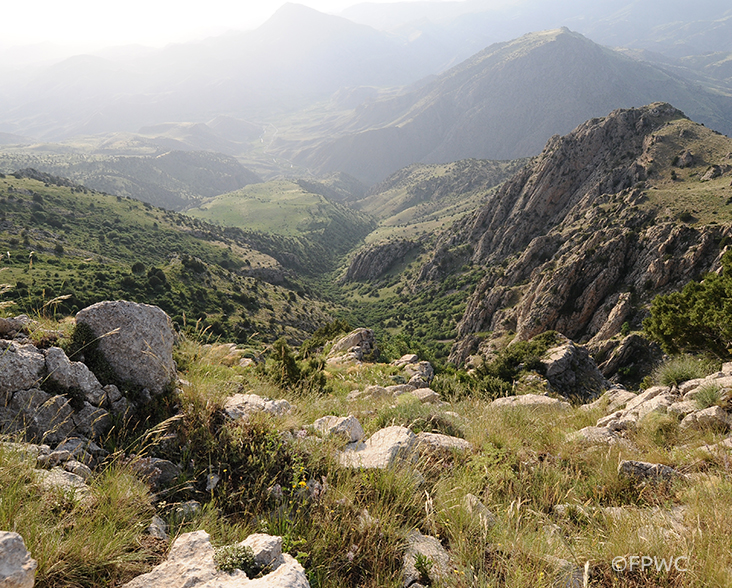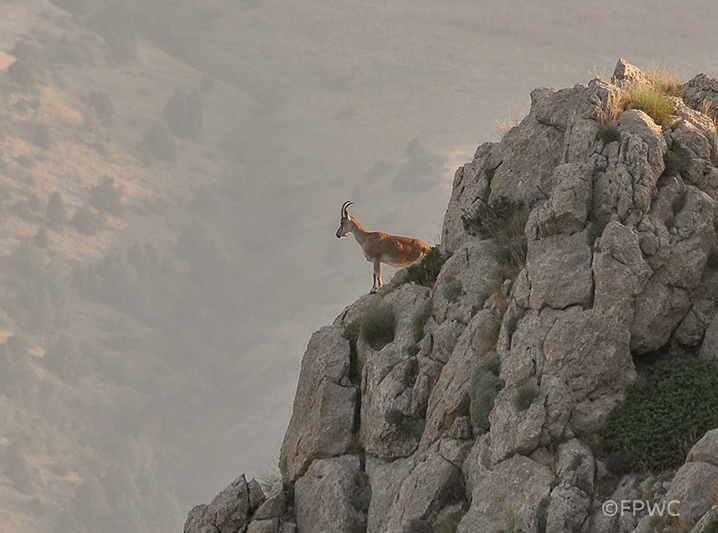MISSION
FPWC began in 2002 to address a lack of environmental concern in Armenia since its independence in 1991. It established the Caucasus Wildlife Refuge in 2011 through the leasing of land from local communities. Their work takes place within the Caucasus Biodiversity Hotspot and is focused on the connections between wildlife protection and environmental education. They engage with rural populations to assist with the sustainable development of their communities. Mutual respect between human beings, natural wealth, and cultural heritage is at the centre of their operations.


